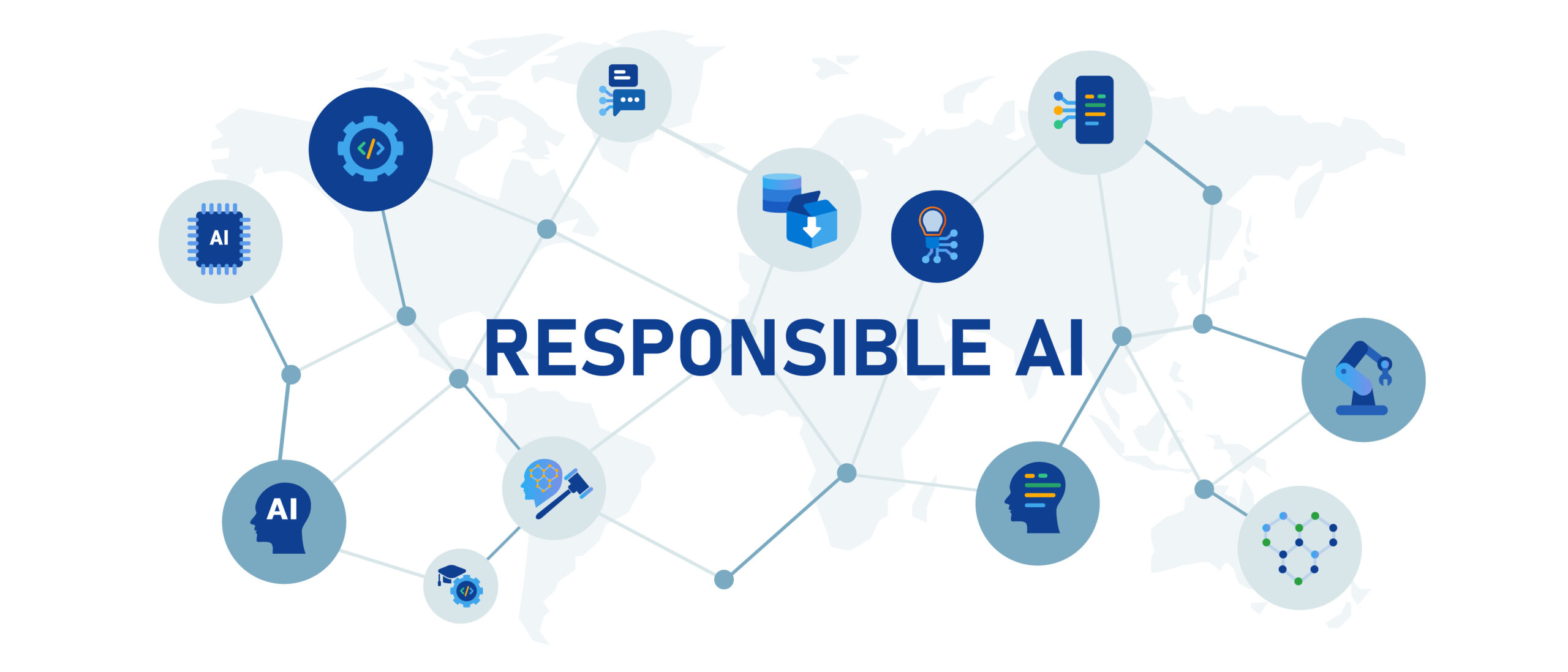## Is Gen AI Your Teaching Sidekick or Supervillain?
Imagine a world where AI crafts personalized learning paths, generates interactive quizzes on the fly, and even grades essays, freeing up faculty time to focus on mentoring and individual student needs. Sounds like a dream, right?

Gamestanza dives into a critical discussion on faculty-led integration of Gen AI, exploring how a values-based approach can ensure these tools empower, rather than erode, the core principles of higher education.
Get ready to unpack the ethical considerations, explore pedagogical possibilities, and discover how we can harness the potential of Gen AI to create a more inclusive and enriching learning experience for all.Collaborative Innovation: Fostering a New Era of Game Design
Building Trust Through Transparency
Gamestanza recognizes the transformative potential of Gen AI in game development, not as a replacement for human creativity, but as a powerful tool to augment it. This collaborative approach hinges on transparency and shared decision-making within game development teams. Open dialogue about the ethical implications of using Gen AI, coupled with clear guidelines on its application, is crucial for fostering trust and ensuring responsible innovation.
For example, consider a team developing a narrative-driven game. Utilizing Gen AI to brainstorm initial plot points or character backstories can spark new ideas and directions. However, the human writers and designers remain central to shaping the narrative, ensuring it resonates with the intended audience and aligns with the game’s overall themes and message. This collaborative process allows for the best of both worlds: the innovative spark of AI alongside the nuanced storytelling expertise of human creatives.
Empowering Student Developers
Gamestanza believes in empowering the next generation of game developers with the knowledge and tools to navigate the ethical complexities of Gen AI. Integrating Gen AI into educational curricula provides students with practical experience in responsible AI development, preparing them for future careers in this rapidly evolving field.
Universities and educational institutions can play a pivotal role in this process by offering courses that delve into the ethical considerations surrounding Gen AI. These courses can cover topics such as bias in AI algorithms, data privacy concerns, and the potential impact of AI on creative industries. By equipping students with a strong ethical framework, educators can ensure that they utilize Gen AI responsibly and contribute to its positive development.
Championing Responsible AI Development
Gamestanza advocates for industry-wide standards and best practices that prioritize ethical considerations in Gen AI development. Collaboration between developers, researchers, policymakers, and industry organizations is essential for establishing guidelines that promote transparency, accountability, and fairness in the use of AI.
The development of ethical guidelines should involve diverse perspectives to address the multifaceted implications of Gen AI. This includes considering the impact on marginalized communities, the potential for misuse, and the importance of human oversight in AI systems. By working together, we can create a framework that ensures that Gen AI technology is developed and deployed in a responsible and beneficial manner.
Gen AI as a Tool for Exploration and Learning
Unlocking New Creative Possibilities
Gamestanza envisions a future where Gen AI empowers game developers to explore uncharted creative territories. By leveraging the capabilities of AI, developers can experiment with innovative game mechanics, narratives, and art styles, pushing the boundaries of what’s possible in interactive entertainment.
For instance, consider a game that relies heavily on procedural generation. Gen AI can be used to create dynamic environments, non-player characters (NPCs) with unique personalities, and even storylines that adapt to player choices. This opens up endless possibilities for creating truly unique and personalized gaming experiences.
Enhancing Educational Experiences
Gen AI has the potential to revolutionize educational gaming by creating immersive and personalized learning experiences. Gamestanza believes that AI-powered educational games can cater to individual learning styles, provide real-time feedback, and adapt to student progress, making learning more engaging and effective.
Imagine a history lesson where students interact with AI-generated historical figures, or a science lesson where they conduct virtual experiments guided by AI tutors. These interactive experiences can bring history and science to life, fostering a deeper understanding and appreciation for these subjects.
Fostering Critical Thinking
Gamestanza recognizes the importance of critical thinking in the age of AI. By integrating Gen AI into educational settings, we can encourage students to critically evaluate the outputs of AI systems, promoting media literacy and responsible technology use.
For example, students could be tasked with analyzing the biases present in AI-generated content or evaluating the ethical implications of using AI in decision-making processes. This hands-on experience will equip them with the skills necessary to navigate an increasingly AI-driven world.
Conclusion
This exploration into values-based AI in higher education has illuminated a crucial path forward. We’ve seen how embracing AI tools like ChatGPT doesn’t necessitate abandoning our pedagogical principles. Instead, it calls for a conscious and deliberate integration that prioritizes equity, transparency, and critical thinking. By grounding our AI implementation in a bedrock of values, we can ensure these powerful technologies serve as catalysts for positive change in the learning environment. The implications of this approach extend far beyond the classroom. As AI continues its rapid evolution, its influence on education will only grow. By establishing ethical guidelines and fostering a culture of thoughtful application, we can shape the future of learning in a way that empowers students, supports educators, and ultimately, strengthens the very fabric of academic integrity. This isn’t just about using AI responsibly; it’s about harnessing its potential to create a more equitable, engaging, and ultimately, human-centered educational experience for all. Let us embrace this challenge, not with trepidation, but with the conviction that we can build a future where technology and values walk hand in hand.
